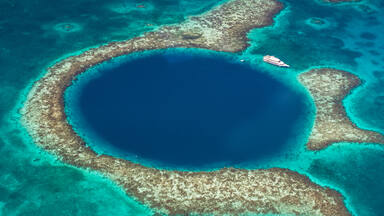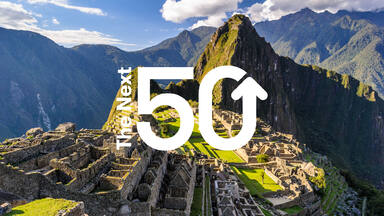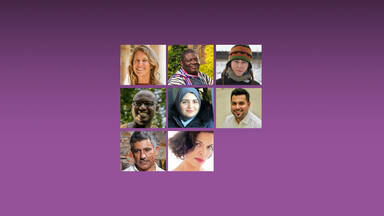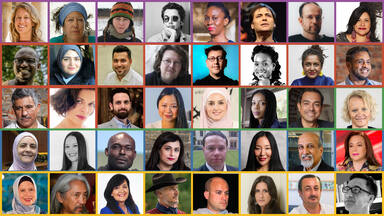Fatemah Alzelzela
Youth climate leader and founder of the Eco Star project
Alfred Brownell
Environmental Activist and Lawyer
Vision for the Next 50
In the Next 50… Sufficient investment is made in research, studies, technologies and sustainability. Actors of heritage protection around the world, who hold the key to achieving net zero, are financially empowered.
In the Next 50… Indigenous communities are recognized as the first responders to the climate crisis. Their unique form of resilience - “community resilience” - inspires new and innovative practices to mitigate the climate crisis.
Summary
The dialogue between Fatemah Alzelzela and Alfred Brownell centred around communities and vulnerabilities. Fatemah and Alfred agreed that the natural phenomena have severely impacted heritage. This negative impact is often felt by those communities who have very limited carbon footprint and often live in harmony with nature. Alfred emphasised the power of indigenous communities to serve as custodians of heritage. Fatemah has warned that heritage properties are already experiencing serious physical and biological structural damage, owing to their exposure to accelerated weathering processes. Alfred stressed the importance of global platforms to learn from the in-built resilience mechanism of indigenous cultures, convened by international organisations such as UNESCO.
Dialogue
Watch the dialogue
Explore other sessions
Five dialogue sessions covering five themes take place in 2022, each joined by thinkers in paired dialogue from diverse regions. The interdisciplinary dialogues inspire new visions for the next 50 years of World Heritage.



